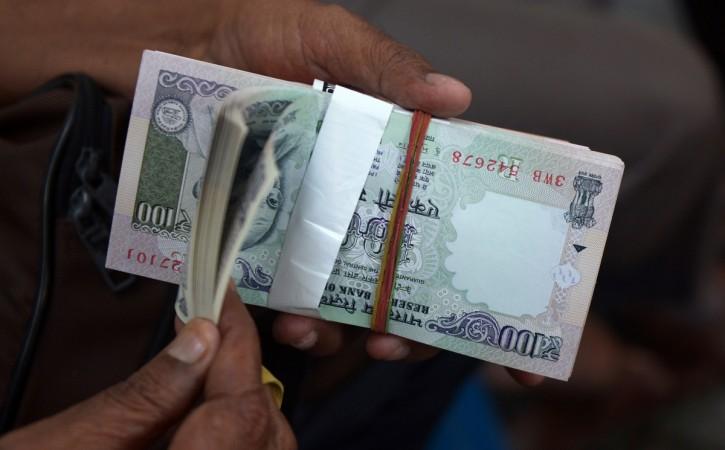TDS (tax deducted at source) would be applicable on EPF withdrawal before 5 years, and it will be taxable under the Income-tax Act, 1961. However, there are always exceptions to the norm - such as when the service is terminated because of the employee's ill health or discontinuance of the employer's business or reasons beyond the control of the employee. In such instances, the withdrawal amount will be exempt from income tax.
Also, in case the employee finds another job and the total EPF balance is transferred to the new EPF account maintained by the new employer, continuous service will be counted for EPF.
EPF Continuous Service clause
However, there should be no gap in contribution to the EPF to avail of the continuous service clause. In cases wherein an individual joins a new employer after two months, there is a gap in continuous service and, hence, taxes will be applicable.

The employer's contribution along with the interest accrued is taxable as "income from salary". The employee's own contribution is exempt from tax (to the extent not claimed as a deduction) and the interest accrued on the employee's contribution will be taxable as "income from other sources".
EPF contribution: Old tax rate vs new tax rate
There are seven tax slabs in the new income tax regime as announced in Budget 2020, which states that contribution by the employer towards the EPF account of an employee of up to 12% remains tax-free.
The employer, typically, deducts 12% of your basic salary and dearness allowance towards EPF or employees' provident fund contribution and contributes an equal amount. Exceeding 12 per cent, it becomes taxable. This provision remains the same under both, the new as well as the old tax rates.

Your contribution towards EPF up to 12% is eligible for deduction under Section 80C of the Income Tax act will continue under the old tax rate. However, if you opt for the new tax rates, you will not be eligible to claim deduction under Section 80C. Also according to the recent changes proposed in Budget 2020, the employer's contribution exceeding Rs 7.5 lakh in a year towards NPS, superannuation fund and EPF will be taxable in the hands of the employee. This will be applicable under both - the new as well as the old tax rates.
Also, some deductions, including employer contribution on account of the employee in NPS under Section 80CCD (2), can still be availed if you opt for the new income tax regime. The limit is 14% of the salary for central government employees and 10% for others. If organisations allow the employees to restructure their salary structure to opt for this tax deduction.

















